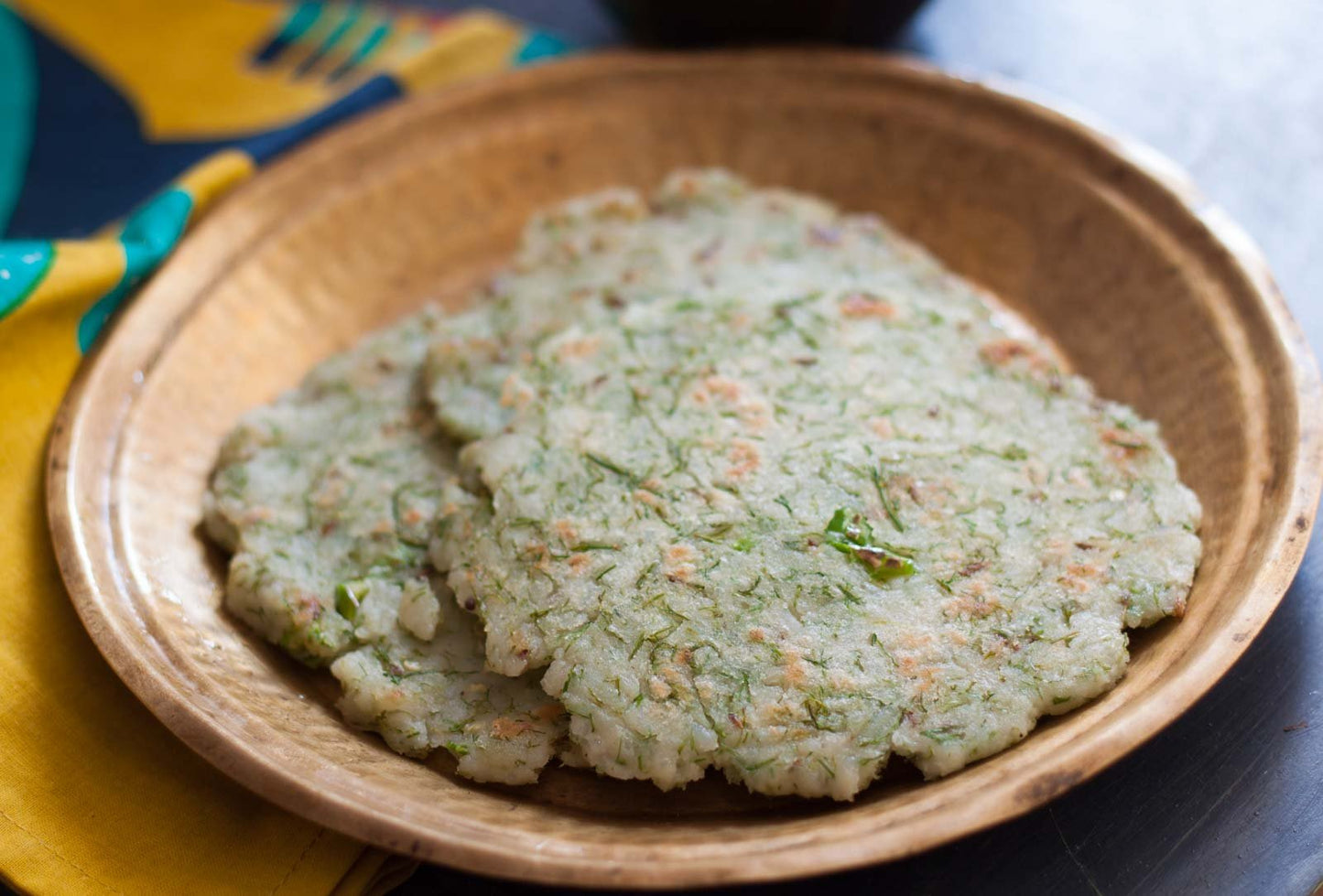




Couldn't load pickup availability
Dill is an annual herb in the celery family Apiaceae. It is the only species in the genus Anethum. Dill is grown widely in Eurasia, where its leaves and seeds are used as a herb or spice for flavouring food.
A 100-gram serving of fresh, raw garden dill provides about 43 calories. A serving of the herb also provides 3.5 grams of protein and just over 1 gram of fat. Two-thirds cup of dill also provides 7 grams of carbohydrate, and about 2 grams of fiber, according to the U.S. Department of Agriculture (USDA).
Vitamins in dill include vitamin A (7717 IU, or 154% of your daily recommended intake), vitamin C (85 mg, or 142% of your daily recommended intake), folate (about 38 percent of your recommended daily intake) and riboflavin (17% of your recommended intake). You'll also get small amounts of thiamin, niacin, vitamin B6, and pantothenic acid.
Minerals in dill include calcium (208 mg), iron (6.6 mg), magnesium (55 mg), phosphorus (66 mg), potassium (738 mg), manganese (1.3 mg), and small amounts of sodium, zinc, and copper.
Free shipping and returns available on all orders!
We ship all US domestic orders within 5-10 business days!




Dill is an annual herb in the celery family Apiaceae. It is the only species in the genus Anethum. Dill is grown widely in Eurasia, where its leaves and seeds are used as a herb or spice for flavouring food.
A 100-gram serving of fresh, raw garden dill provides about 43 calories. A serving of the herb also provides 3.5 grams of protein and just over 1 gram of fat. Two-thirds cup of dill also provides 7 grams of carbohydrate, and about 2 grams of fiber, according to the U.S. Department of Agriculture (USDA).
Vitamins in dill include vitamin A (7717 IU, or 154% of your daily recommended intake), vitamin C (85 mg, or 142% of your daily recommended intake), folate (about 38 percent of your recommended daily intake) and riboflavin (17% of your recommended intake). You'll also get small amounts of thiamin, niacin, vitamin B6, and pantothenic acid.
Minerals in dill include calcium (208 mg), iron (6.6 mg), magnesium (55 mg), phosphorus (66 mg), potassium (738 mg), manganese (1.3 mg), and small amounts of sodium, zinc, and copper.